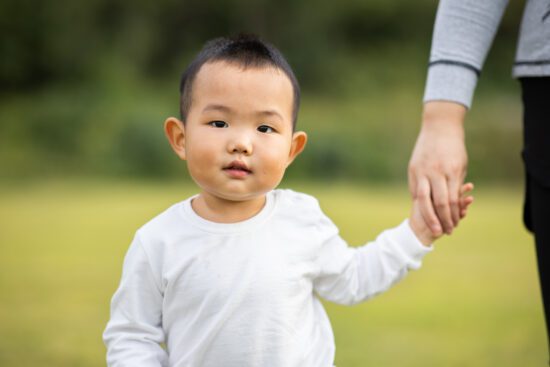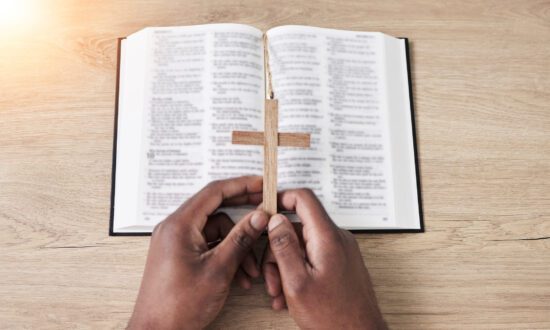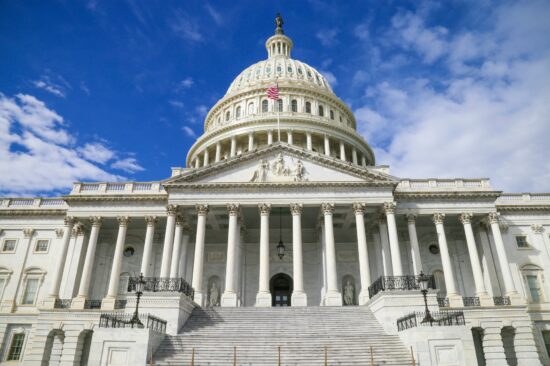Southern Baptists view children as a gift from God, whether through birth or adoption. The Baptist Faith and Message states that from the moment of conception, children “are a blessing and heritage from the Lord” and that families are related to one another through “marriage, blood, and adoption.”
Southern Baptists prioritize adoption as a calling to serve the most vulnerable and as a method of witnessing the truth of the gospel to a watching world. We ourselves have been adopted into the family of God, and Scripture provides many instances of God tenderly caring for orphans and vulnerable children, urging his followers to do the same (James 1:27; Psa. 68:5-6; Isa. 1:17).
International adoption remains a necessity for children around the world seeking safe and loving families. According to the United Nations International Children’s Emergency Fund (UNICEF), as of Fiscal Year 2021, an estimated 13 million children were orphaned by losing both parents. In Fiscal Year 2022, only an estimated 1,517 children were adopted into the United States through international adoption. When an adoption is finalized, the adoptee is treated by the law as if he or she had been born to the adoptive parents, and the adoptee should receive the same rights and privileges as natural born children.
Prior to the Child Citizenship Act of 2000, the administrative steps required of families adopting internationally were unnecessarily burdensome. The process included applying for and moving through a lengthy naturalization process for their children, in addition to the lengthy and costly adoption process. The Child Citizenship Act of 2000 granted automatic citizenship to all foreign-born children brought to the U.S., who had at least one parent who was a U.S. Citizen. Unfortunately, that act only applied to adoptees under the age of 18 when the bill was enacted, leaving an entire population of adopted children without full U.S. citizenship.
The Adoptee Citizenship Act closes the loophole to provide immediate citizenship to these children already adopted by U.S. citizens yet left out of the previous bill. This bill solves the innumerable problems these adopted Americans have had to endure in attending college, accessing banking services, or starting their careers because of a lack of citizenship. This bill provides equity to these children who should have every legal right of any other child of a U.S. citizen.
Adopting from other countries is a privilege, not a right. The U.S. should respect sending countries by quickly securing permanent citizenship for the thousands of adoptees who do not currently have citizenship.
The ERLC strongly urges Congress to pass the bipartisan Adoptee Citizenship Act to provide a permanent legal remedy for the thousands of sons and daughters of U.S. citizens who were left in the gap of uncertainty.









